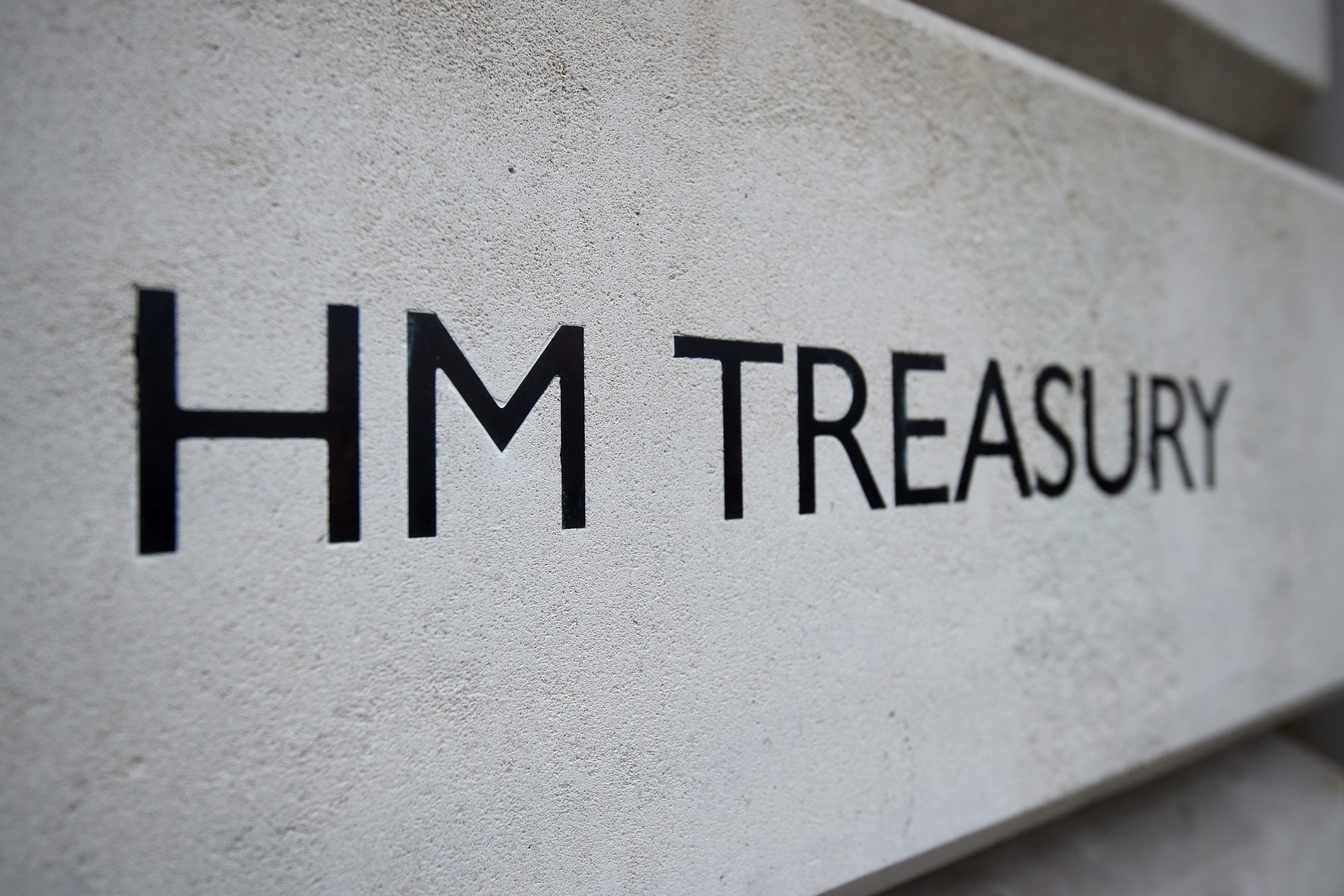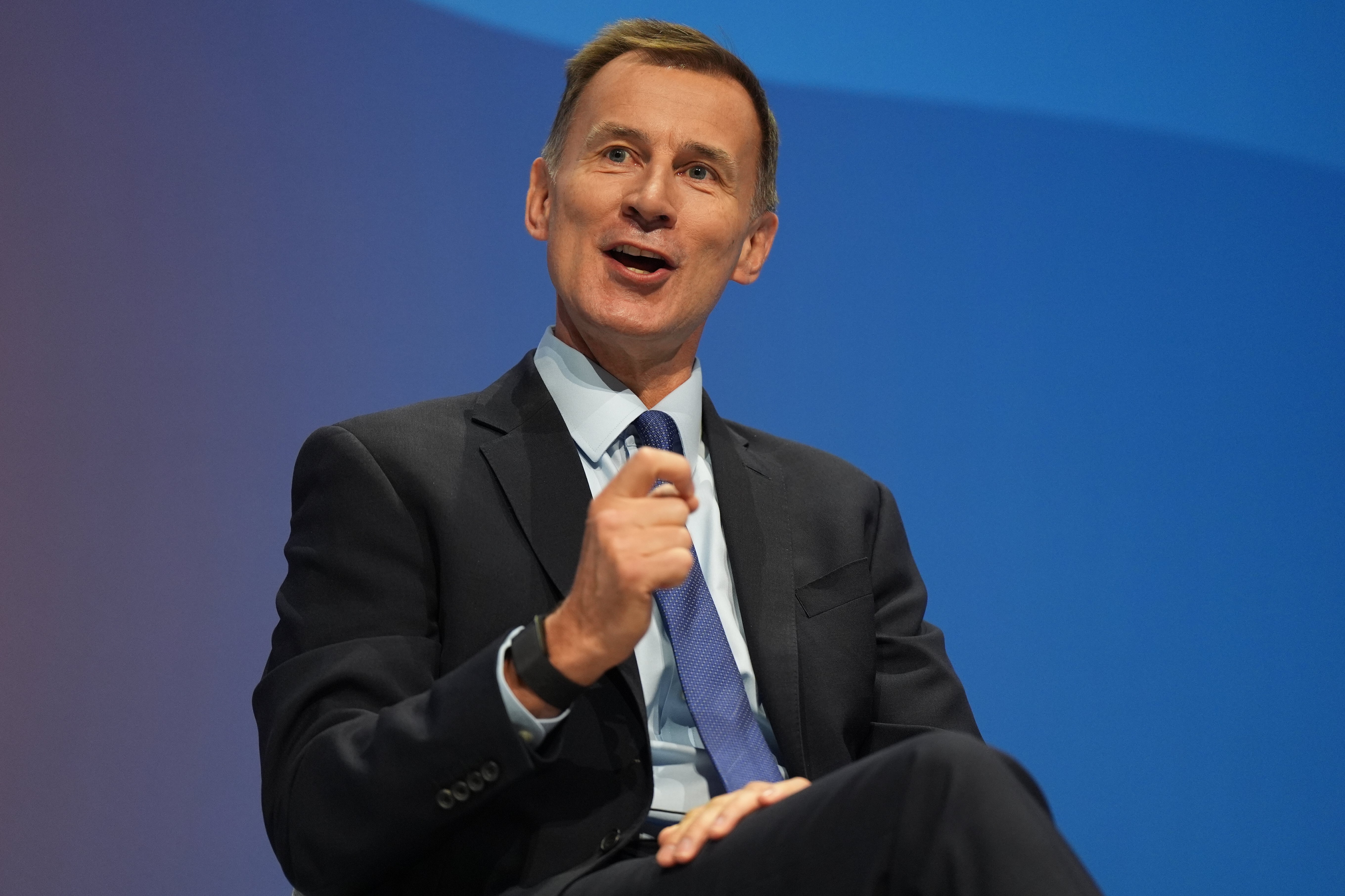
Rachel Reeves is set to increase employers’ national insurance to help fund the NHS and balance the books, reports suggest.
The chancellor will increase the tax by up to 2 percentage points, as well as cutting the earnings threshold at which businesses start making national insurance contributions.
The combined measures will raise about £20 billion and represent the biggest tax rise in Labour’s first budget in 15 years.
The burden will fall entirely on the private sector, with public sector employers such as the NHS and Government departments reimbursed by the Treasury.
The current national insurance rate paid by employers is 13.8 per cent. Ms Reeves is set to increase this between one and two percentage points, The Times reported.

A company with ten workers earning £35,000 each would pay £35,742 a year in employer national insurance contributions under the current rate of 13.8 per cent. With a 2 per cent rise in the rate, this would rise to £40,922 per year.
It comes after Ms Reeves announced a change to the fiscal rules ahead of 30 October’s Budget, allowing her to borrow billions more each year.
Using the new rules, she would seek to fund about £20bn a year of extra investment using increased borrowing. She said her “investment rule” would “get debt falling as a proportion of our economy”.
“That will make space for increased investment in the fabric of our economy, and ensure we don’t see the falls in public sector investment that were planned under the last government”, she wrote in the Financial Times.

However, former chancellor Jeremy Hunt warned his advice from the Treasury “was always that increasing borrowing meant interest rates would be higher for longer – and punish families with mortgages.”
He posted on X: “The consistent advice I received from Treasury officials was always that increasing borrowing meant interest rates would be higher for longer – and punish families with mortgages.
“What’s even more remarkable is that the chancellor hasn’t seen fit to announce this major change to the fiscal rules to parliament. The markets are watching.”
Sir Keir Starmer has insisted the fiscal event will “face up” to the reality of Labour’s inheritance from the Conservatives.
He promised to tackle the hole left in Britain’s public finances and give the public “a sense of how we intend to do business” going forward.







